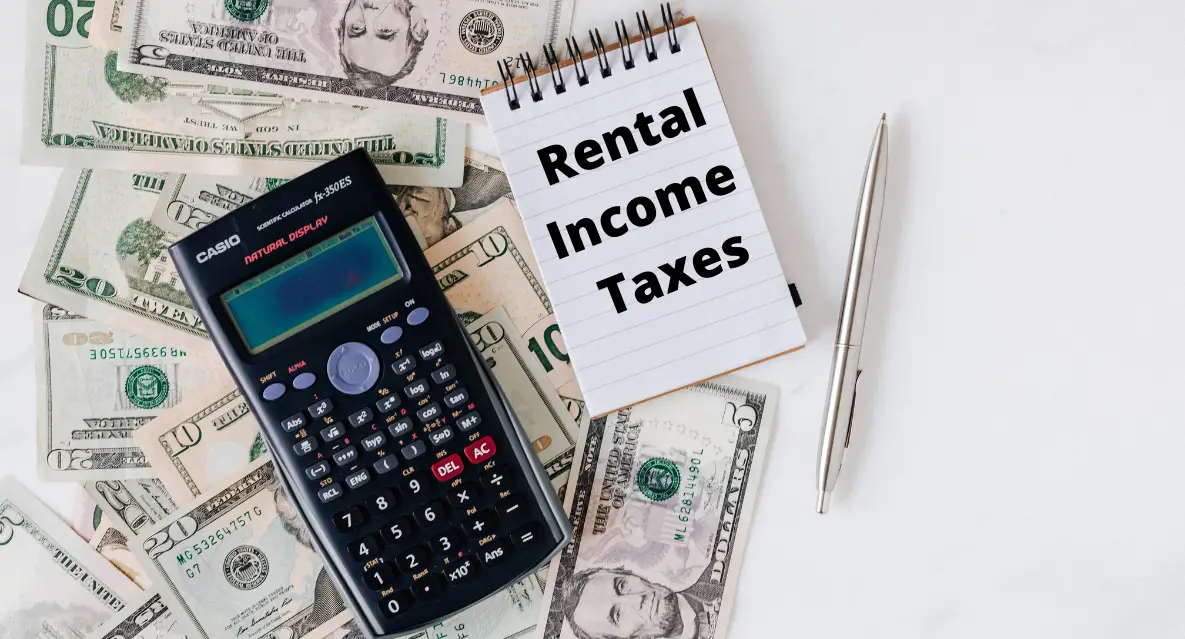How to Report Rental Income Taxes Correctly
How to Report Rental Income Taxes Correctly
Blog Article
When renting out a house, several first-time landlords question whether they need to spend fees on the income they earn. The easy solution is yes—net investment income tax 2024 by the IRS. Nevertheless, understanding what qualifies as taxable income—and the deductions you might be called to—can help you better manage your economic responsibilities as a landlord.
What Matters as Hire Revenue?
The IRS identifies hire income as any cost you get for the utilization of a house you own. This includes not just the regular lease from your tenants but additionally extra obligations, such as:
•Improve Book: If a tenant gives book transparent for a future time, it must be described as money when obtained, not once the time begins.

•Safety Remains (if not refunded): If you keep a protection deposit for injuries and other situations at the conclusion of a lease, that total becomes taxable.
•Companies in Host to Rent: Periodically, tenants may possibly offer goods or services instead of paying rent. For example, if your tenant mows the garden as a swap for portion of their lease, the same monetary value of their service must be reported as income.
Expenses That May Be Deducted
Fortuitously, landlords can offset many of these charges against their rental money, lowering the taxable amount. Some typically common deductions contain:
1.Property Repairs
Small fixes, such as for instance fixing a leaky sink or repainting surfaces, are deductible since they are considered required to steadfastly keep up the property.
2.Mortgage Interest
If you needed out a loan to purchase your rental house, you may claim the curiosity you spend on the mortgage.
3.Property Fees and Insurance Premiums
They're typical deductions, as both are expected to possess and manage a property.
4.Maintenance and Tools
Any maintenance expenses or routine maintenance fees can be deduced, along with utilities you pay with respect to your tenant.
5.Depreciation
Landlords may withhold a portion of these property's depreciation price every year over their estimated lifespan (typically 27.5 years for residential properties).

Processing Your Hire Money
Hire money should be noted on Routine E (Supplemental Revenue and Loss) if you're processing as an individual taxpayer. That form enables you to list your hire money and any deductions. The net figure—revenue minus expenses—is what will ultimately be taxed.
Key Takeaway
Duty rules on rental money can appear complex, but with correct record-keeping and awareness of potential deductions, landlords may minimize their taxable revenue and remain compliant. For correct filings, generally consult a tax skilled or leverage instruments to simplify the process.
Report this page